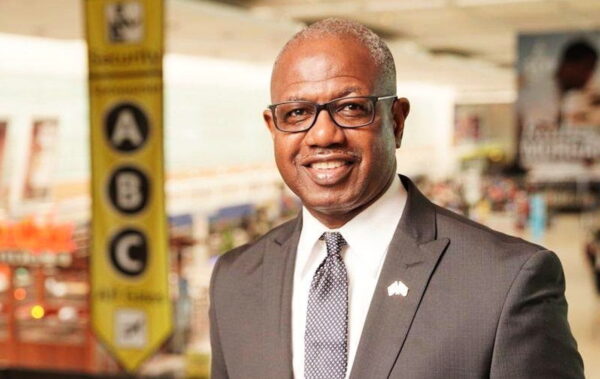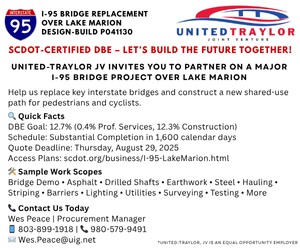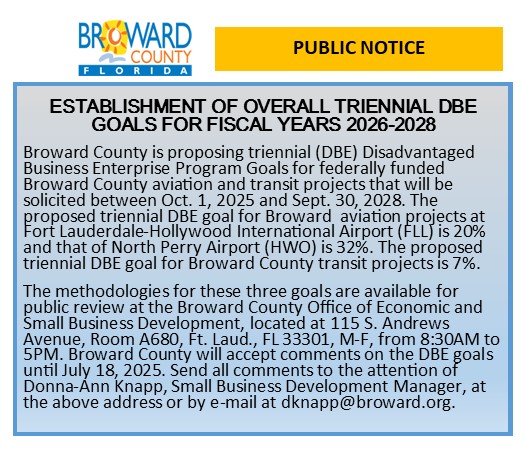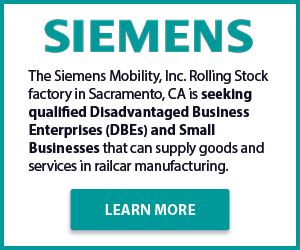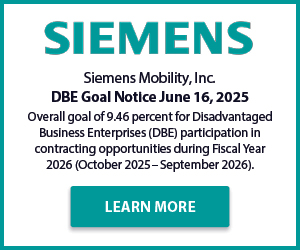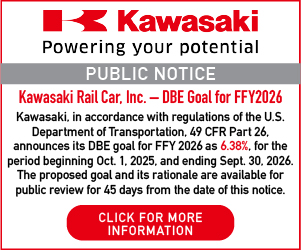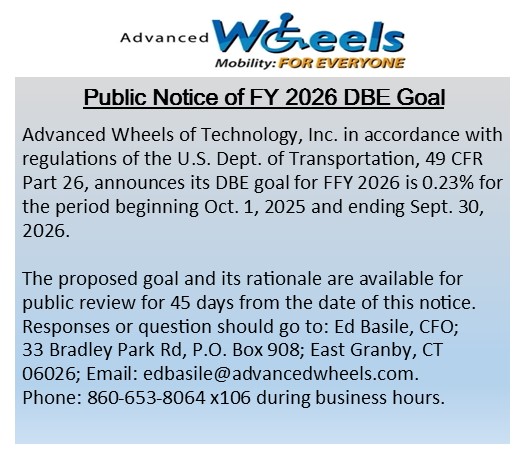Ricky Smith, the Executive Director/CEO of Baltimore/Washington Thurgood Marshall Airport and Chair of the Airport Minority Advisory Council (AMAC), recently signed the Equity in Infrastructure Pledge. This event occurred during the 2024 AMAC Economic Opportunity & Policy Summit on March 17, 2024, in Washington, D.C. The Equity in Infrastructure Pledge is an initiative of the Equity in Infrastructure Project (EIP). Its primary goal is to provide Historically Underutilized Businesses (HUBs) with greater access to prime, joint venture, and equity contracting opportunities. The EIP collaborates with public sector agencies, engineering consultancies, and professional organizations to improve contracting processes for disadvantaged businesses.
By signing the pledge, BWI Marshall Airport has underscored its commitment to fostering opportunity, creating jobs, and building generational wealth for HUBs. The signing ceremony marked a significant milestone, demonstrating the airport’s dedication to increasing the share of major infrastructure contracts awarded to small and disadvantaged businesses. In his statement, BWI Airport CEO Ricky Smith said, “As part of the Airport Minority Advisory Council (AMAC) Economic Opportunity and Policy Forum last week, I officially signed the Equity in Infrastructure Project (EIP) Pledge. By signing this document on behalf of BWI Thurgood Marshall Airport, I am proud to join other airports and other transportation industry leaders in working to create more contracting opportunities for small and disadvantaged businesses.”
The Equity in Infrastructure Project works with public agencies and private corporations to secure commitments that increase the number, size, and scope of contracts awarded to HUBs. By facilitating access and reducing barriers, the EIP aims to create a level playing field for businesses seeking infrastructure contracts. EIP was founded by Denver International Airport CEO Phillip A. Washington, former U.S. Deputy Secretary of Transportation John D. Porcari, and other visionaries. Their mission aligns with the $1.2 trillion Infrastructure Investment and Jobs Act and President Biden’s call to leverage infrastructure spending for wealth creation in underserved communities. The EIP defines HUBs as firms designated as Disadvantaged Business Enterprises (DBE), Minority and Women-Owned Business Enterprises (M/WBE), and Small Business Enterprises (SBE), as well as any other business classifications used locally to boost the participation of otherwise underutilized firms, which can vary by state, region, and municipality.
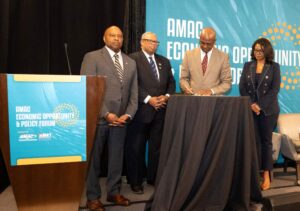
Denver International Airport CEO Phil Washington, Chicago Transit Authority CEO Dorval Carter Jr., BWI Thurgood Marshall Airport CEO Ricky Smith and AMAC President and CEO Eboni Wimbush (from left) celebrate Smith signing the Equity in Infrastructure Pledge.
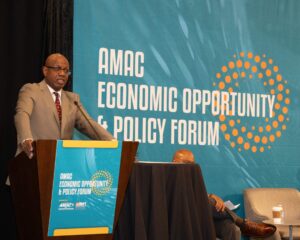
BWI Thurgood Marshall Airport CEO Ricky Smith

